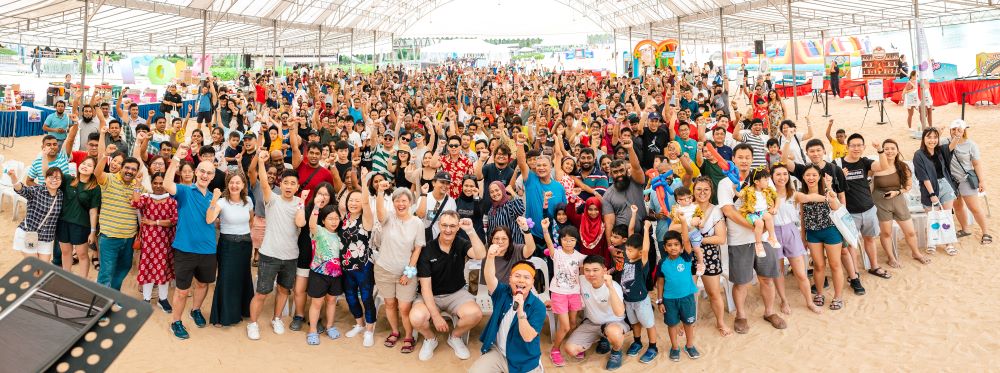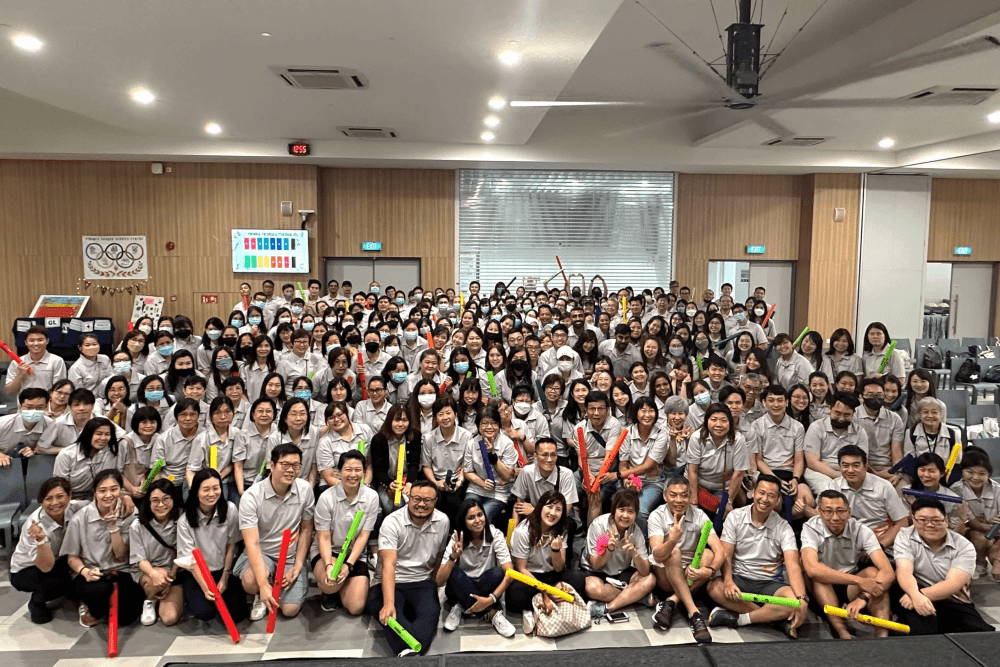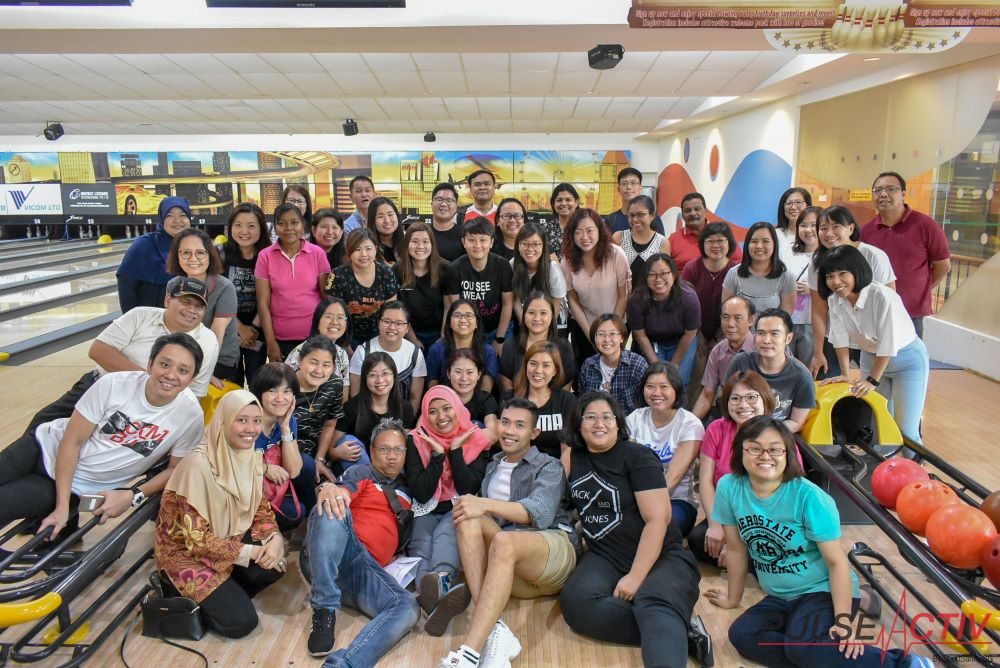The 5 Key Steps to Organising a Smooth and Engaging Team Building Event
Organising a successful team building event in Singapore isn’t just about fun and games—it’s about creating meaningful experiences that strengthen team bonds, align with company values, and bring long-lasting impact. Whether you’re planning your first event or looking to improve your existing strategy, following a clear roadmap makes all the difference.
Here are five essential steps to help you plan a smooth, engaging, and purpose-driven team building event—plus bonus tips to help you get it right from the start.
1. Start With a Survey
Before jumping into planning mode, ask your team what they need and want. A quick pre-event survey helps you understand everyone’s preferences, comfort levels, and what they’re hoping to get out of the experience. This insight will guide your decisions and make sure no one feels left out.
Not sure what to ask?
Read our full guide on conducting effective team building surveys.
2. Choosing the Right Team Building Vendor
Your vendor can make or break the experience. Look for a team that not only provides fun activities but also understands your goals, company culture, and logistical needs. A good vendor brings ideas, energy, and expertise—while taking the stress off your plate.
Need help choosing the perfect partner?
Check out our tips for selecting a reliable team building vendor.
3. Budgeting for Your Team Building Event
A great event doesn’t have to break the bank. Once you understand your team’s needs and preferred formats (half-day, full-day, indoor, outdoor, etc.), you can create a smart, flexible budget. Factor in venue costs, transport, meals, prizes, and facilitator fees.
Want to stretch your dollar without compromising quality?
Explore our budget planning tips for team building events.
4. Sustainable Prize Ideas That Make a Difference
Prizes are a great way to boost motivation and reward participation, but the usual plastic trophies or generic vouchers can feel forgettable. Consider sustainable, purposeful prizes that reflect your company’s values—like reusable products, plant kits, or experience-based rewards.
Looking for meaningful prize options?
Discover our top sustainable team building prize ideas.
5. Choosing CSR-Inspired Prizes
Take your event a step further by giving back. CSR (Corporate Social Responsibility) prizes—such as donations to local charities in the winners’ names—can make your team feel proud to be part of something bigger. It’s a powerful way to connect purpose with play.
Want to make a lasting impact through your prize strategy?
Learn more about CSR-focused team building prizes.
Final Thoughts
An engaging team building event isn’t just about what happens on the day. It’s about the planning that leads up to it. When you listen to your team, partner with the right people, and focus on meaningful experiences, you’ll build something far more impactful than just another office outing.
Ready to take the next step? Explore team building options crafted for connection, purpose, and fun. Contact Us for your event.
Read here about Common Mistakes You Should Avoid When Planning Your Next Team Building Event.
If you want to read more of our articles, click here.



